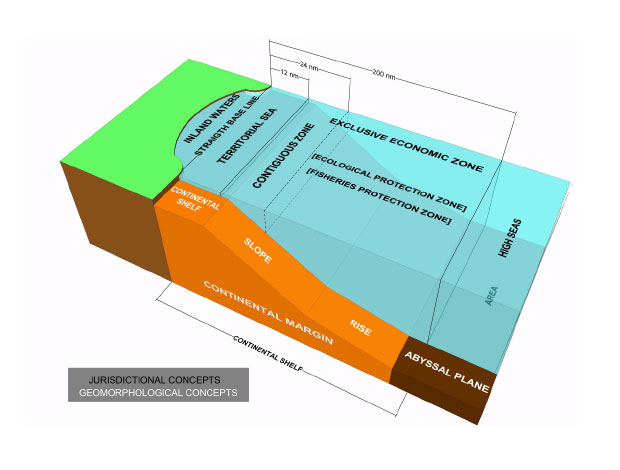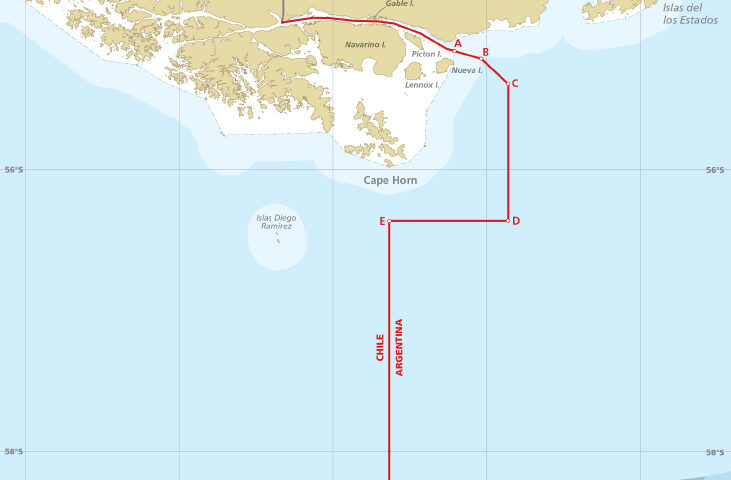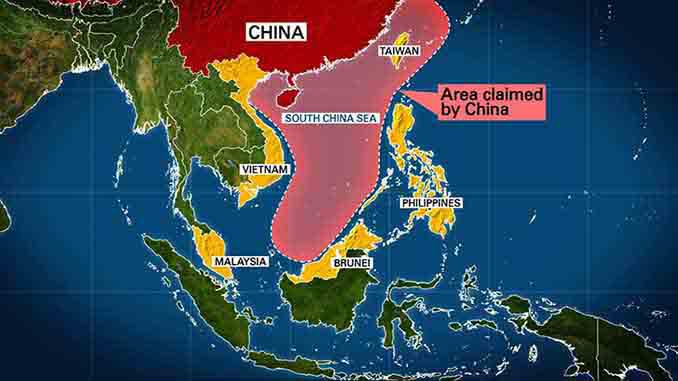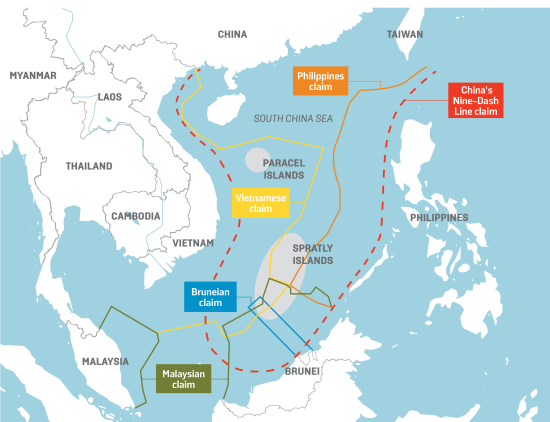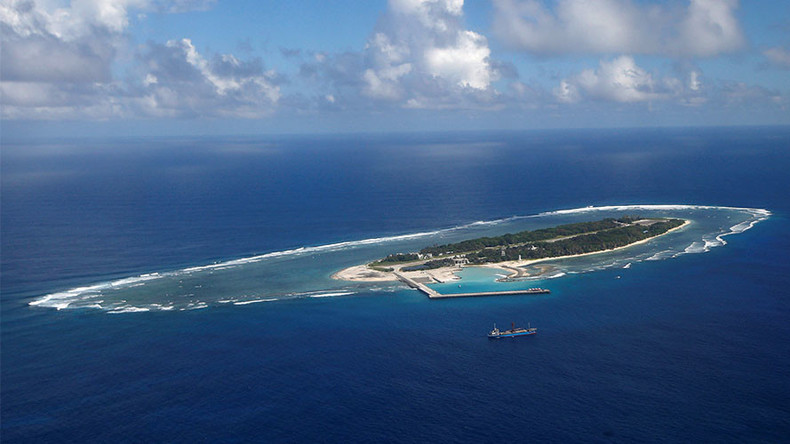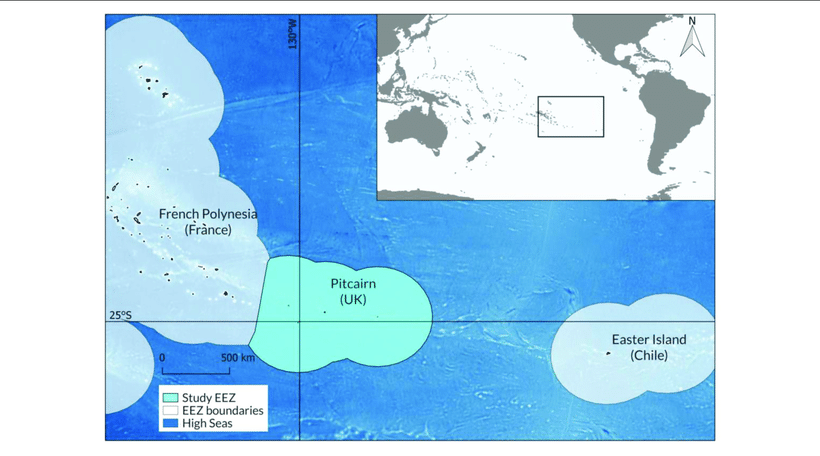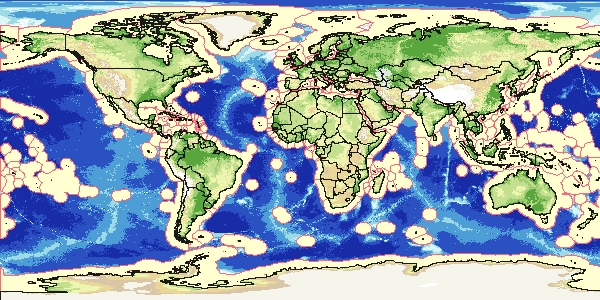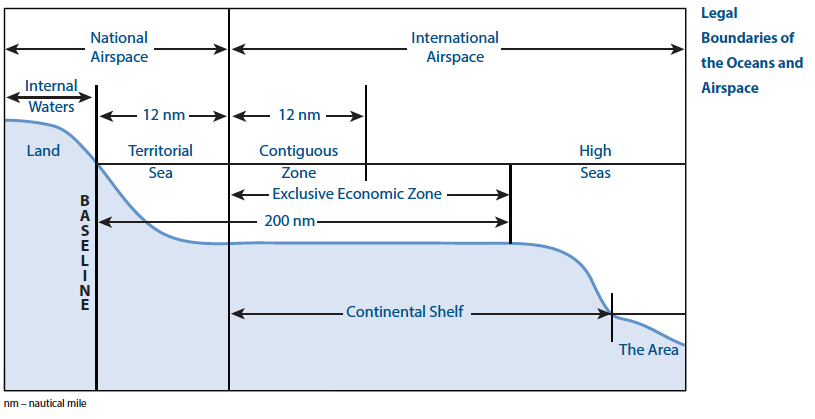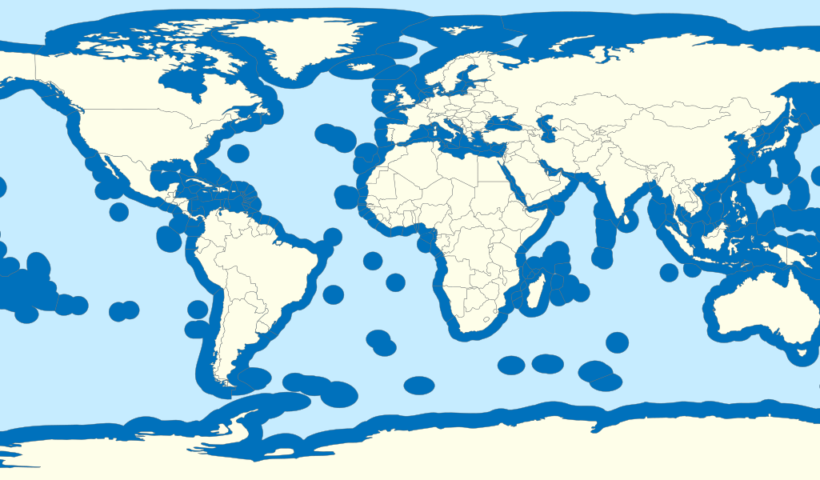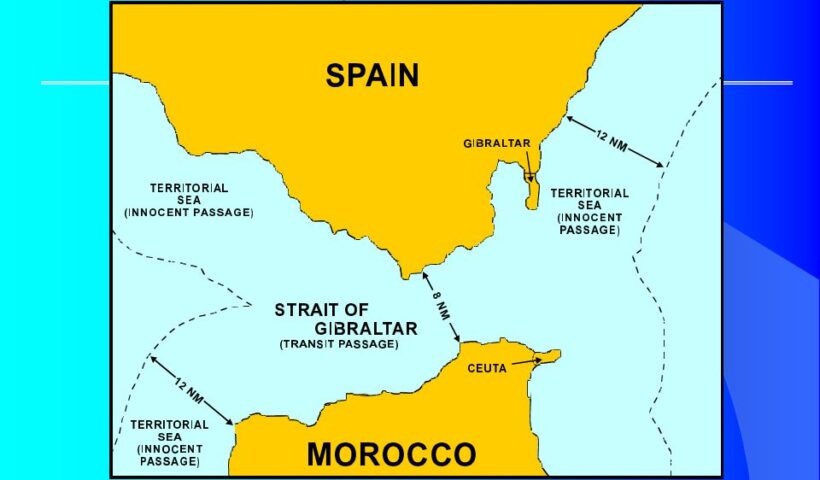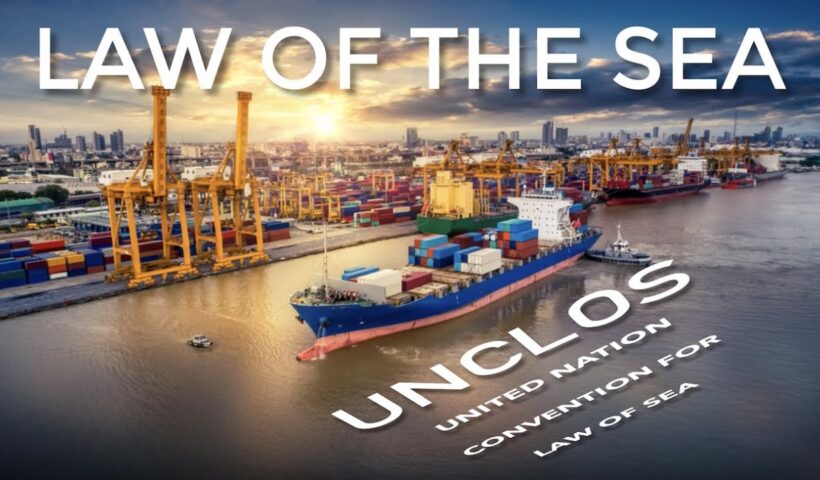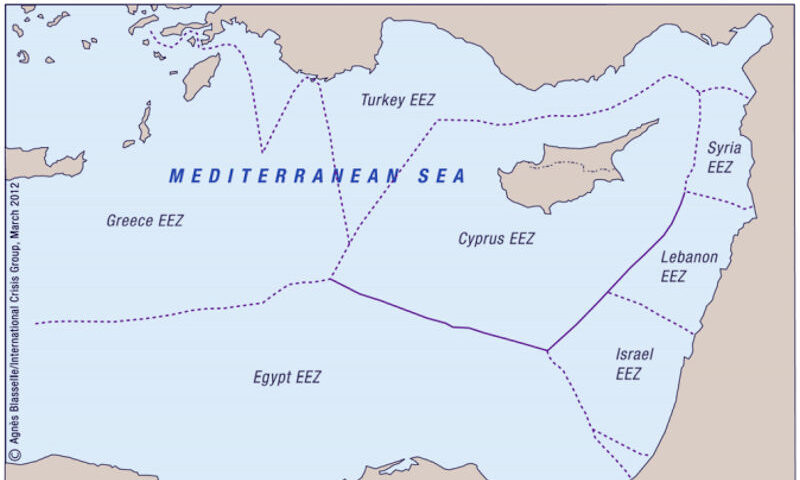Coastal states can claim five key maritime zones. Proceeding seawards from the coast they are internal waters, territorial seas, the contiguous zone, the exclusive economic zone (or, in some cases, an exclusive fishing zone) and the continental shelf. Archipelagic states may also claim archipelagic waters within their archipelagic baselines. Beyond these national zones of jurisdiction lie the international maritime zones of the high seas and the Area.
The rights of the coastal state and aliens vary in these maritime zones, and do so both spatially and functionally. Thus, the coastal state has more rights closer to shore, for example in internal waters and the territorial sea. Aliens retain considerable rights within a coastal state’s claimed maritime zones concerned with communication issues such as navigation, overflight and the laying of submarine cables and pipelines. The coastal state, in contrast, boasts significant resource related rights, particularly concerning fishing and mineral extraction from the seabed.
Tag: exclusive economic zone
exclusive economic zone(EEZ) map of the world
Extending beyond this point and reaching up to 200 nautical miles (370.4 km) from a country’s coast lies its Exclusive Economic Zone. Within this region, a country owns the natural resources at the seafloor but has no say on what happens at the surface. Any ships in an Exclusive Economic Zone are essentially in international waters. This map of the week features the Exclusive Economic Zones of EU Countries for which a regulatory text exists in UN’s Convention on the Law of the Sea1. Note that such a text does not exist for the EEZ of some EU countries (e.g. UK, Italy, and Greece) and these are currently not shown on the map.
View More exclusive economic zone(EEZ) map of the worldchart showing the maritime boundary between Argentina and Chile, with the list of geographical coordinates of points
chart showing the maritime boundary between Argentina and Chile, with the list of geographical coordinates of points, argentina, chile, exclusive economic zone, maritime boundary between Argentina and Chile, Maritime Claims
View More chart showing the maritime boundary between Argentina and Chile, with the list of geographical coordinates of pointslegal issues and marine laws of mainland China and Taiwan
legal issues and marine laws of mainland China and Taiwan, China, continental shelf, exclusive economic zone, LOS Convention, Taiwan, Yellow Sea
View More legal issues and marine laws of mainland China and TaiwanInternational Law in the South China Sea
International Law in the South China Sea, artificial islands, Commission on the Limits of the Continental Shelf, contiguous zone, continental shelf, Convention on the Continental Shelf, Convention on the High Seas, Convention on the Territorial Sea, EEZ, exclusive economic zone, internal waters, ISLANDS, low-tide elevations, maritime zones, rocks, south china sea, South China Sea dispute, UNCLOS I, UNCLOS II, UNCLOS III
View More International Law in the South China SeaHistoric Rights of countries on the EEZ, based on law of the sea and customary international law
Historic Rights of countries on the EEZ, based on law of the sea and customary international law, EEZ, exclusive economic zone, High seas, historic rights, LOSC, south china sea
View More Historic Rights of countries on the EEZ, based on law of the sea and customary international lawResidual Rights of countries on the EEZ based on law of the sea and customary international law
Residual Rights of countries on the EEZ based on law of the sea and customary international law, EEZ, exclusive economic zone, LOSC, Residual Rights
View More Residual Rights of countries on the EEZ based on law of the sea and customary international lawJurisdiction of Coastal States Over the EEZ, based on law of the sea, customary international law and LOSC
Jurisdiction of Coastal States Over the EEZ, based on law of the sea, customary international law and LOSC, artificial islands, EEZ, exclusive economic zone, IMO, ITLOS, LOSC
View More Jurisdiction of Coastal States Over the EEZ, based on law of the sea, customary international law and LOSCLegal Status of the EEZ at LOSC, law of the sea and customary international law
In short, unlike territorial sovereignty, the sovereign rights of the coastal State over the EEZ lack comprehensiveness of material scope. With respect to matters accepted by international law, however, the coastal State can exercise both legislative and enforcement jurisdiction over all people within the EEZ in an exclusive manner. The essential point is that the rights of the coastal State over the EEZ are spatial in the sense that they can be exercised solely within the particular space in question regardless of the nationality of persons or vessels. Thus the coastal State jurisdiction over the EEZ can be regarded as a spatial jurisdiction. Due to the lack of comprehensiveness of material scope, this jurisdiction should be called a limited spatial jurisdiction.. Legal Status of the EEZ at LOSC, law of the sea and customary international law, coastal State, EEZ, ITLOS, Legal Status of the EEZ, limitation ratione materiae, LOSC, ratione materiae, ratione personae, Sovereign Rights Over the EEZ
View More Legal Status of the EEZ at LOSC, law of the sea and customary international lawwhat is the meaning of EXCLUSIVE ECONOMIC ZONE (treaties and customary international law)
The EEZ is an area beyond and adjacent to the territorial sea, not extending beyond 200 nautical miles from the baseline of the territorial sea. The origin of the concept of the EEZ may go back to the practice of the Latin American States after World War II. Originally the figure of 200 nautical miles appeared in 1947, when Chile (23 June 1947) and Peru (1 August 1947) claimed such an extent for the exercise of full sovereignty. The figure of 200 nautical miles relied on scientific facts: it would enable the Andean States to reach the Peruvian and the Humboldt Currents, which were particularly rich in living species.
.. what is the meaning of EXCLUSIVE ECONOMIC ZONE (treaties and customary international law), customary law, Declaration of Santo Domingo, EEZ, exclusive economic zone, maritime zone, Montevideo Declaration, patrimonial sea, sovereignty, UNCLOS I, UNCLOS II, UNCLOS III
international law of the sea and The Right of Transit Passage on the international straits
Article 38(2) of LOSC defines transit passage as:
the exercise in accordance with this Part [III] of the freedom of navigation and overflight solely for the purpose of continuous and expeditious transit of the strait between one part of the high seas or an exclusive economic zone and another part of the high seas or an exclusive economic zone.
This provision continues that: ‘the requirement of continuous and expeditious transit does not preclude passage through the strait for the purpose of entering, leaving or returning from a State bordering the strait, subject to the conditions of entry to that State’. Thus the transit passage includes lateral and inward/outward-bound passage. The right of transit passage in international straits differs from the right of innocent passage in the territorial sea in four respects.. international law of the sea and The Right of Transit Passage on the international straits, Chicago Convention with respect to the airspace over the straits, continuous and expeditious transit, exclusive economic zone, freedom of navigation, international straits, submarines, transit passage, UNCLOS III
what is Functions of the Law of the Sea?
First, the primary function of international law involves the spatial distribution of jurisdiction of States, and the same applies to the law of the sea. The contemporary international law of the sea divides the ocean into multiple jurisdictional zones, such as internal waters, territorial seas, the contiguous zone, the exclusive economic zone (EEZ), archipelagic waters, the continental shelf, the high seas and the Area, i.e. ‘the sea-bed and ocean floor and subsoil thereof, beyond the limits of national jurisdiction’.. what is Functions of the Law of the Sea?, EEZ, exclusive economic zone, law of the sea
View More what is Functions of the Law of the Sea?Legal Aspects of Inter-State Maritime Delimitation in the Eastern Mediterranean Basin
Legal Aspects of Inter-State Maritime Delimitation in the Eastern Mediterranean Basin, Are There Laws on the High Seas?, Can you do drugs in international waters?, Can you do whatever you want in international waters?, Definition of High Sea, freedom of high seas, High seas, high seas definition unclos, high seas map, high seas meaning, high seas meaning in business, high seas meaning in law, International waters, International Waters Laws, International waters map, Mare liberum, Territories & Zones, trans-boundary waters, What do you know about international waters?, What is legal in international waters?, What Laws Apply In International Waters?, Where are international waters?, Where are the high seas?, Where do international waters begin?, Why is it called high seas?
View More Legal Aspects of Inter-State Maritime Delimitation in the Eastern Mediterranean Basin
